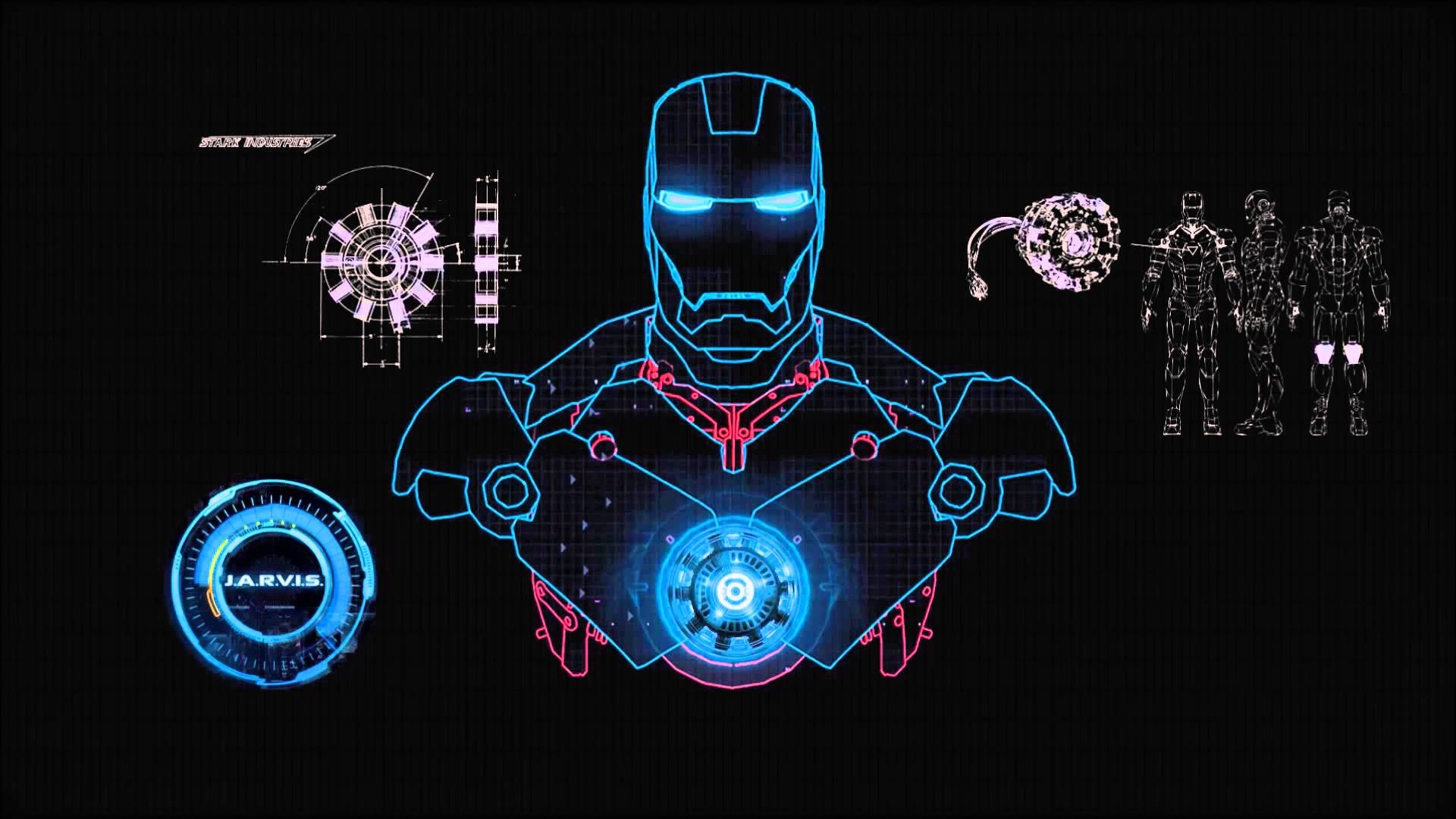

For many users, the hurdle to a good home automation system isn’t the individual sensors, but the problem of tying them together into one system that does what they want.

Naturally, being Amazon, it can also buy things for you in seconds.īut just because there are off-the-shelf components available, doesn’t mean Zuckerberg doesn’t have his work cut out for him. It can be told to control music, share information like the weather or sporting fixtures, and control simple internet of things devices in its own right. Built into the Echo, a combined speaker and microphone which is designed to sit in the middle of the living room, it continuously listens for commands.

Heating can talk to the door to turn on when you come home, lights can connect to the security camera to turn on if an intruder is detected, and a sleep sensor can dim the lights in the rest of the house once everyone in the building is asleep.Īmazon has also pushed its way into the same area, with its Alexa voice control system. In September, Samsung launched a hub for its SmartThings connected home system (calling it, in a fit of imagination, the “SmartThings Hub”), which lets users tie together a disparate collection of sensors in their house into a connected “internet of things”. The home automation system that Zuckerberg envisions isn’t that far off already being a reality. While Zuckerberg was keen to emphasise the similarities between his plan and the fictional Stark’s home-built AI Jarvis (which, in the Iron Man and Avengers movies, stands for “Just A Rather Very Intelligent System”), others have pointed to a less flattering comparison: Oscar Isaac’s character, Nathan Bateman, in last year’s thriller Ex Machina.īateman is the founder of a vague search engine/social network hybrid called Bluebook but keeps his lifelike AI, Ava, locked in his basement. “I’m looking forward to sharing what I learn over the course of the year.”
#JARVIS I NEED TO SLEEP NOW IRON MAN CODE#
“This should be a fun intellectual challenge to code this for myself,” Zuckerberg added. “On the work side, it’ll help me visualise data in VR to help me build better services and lead my organisations more effectively. I’ll teach it to let me know if anything is going on in Max’s room that I need to check on when I’m not with her. I’ll teach it to let friends in by looking at their faces when they ring the doorbell. “Then I’ll start teaching it to understand my voice to control everything in our home – music, lights, temperature and so on. Existing home-automation tools from companies such as Google’s Nest, Phillips and Samsung all allow a fairly high level of control of a “smart home”, and can be paired with voice control software, including that from Apple, Amazon and Massachusetts-based specialists Nuance. Zuckerberg will start the project by “exploring what technology is already out there”. Previous aims have included spending a year eating only meat from animals he killed himself in 2011, to read two books a month in 2015, and to learn Mandarin in a year in 2010.Īnd when he declares one of the challenges, he goes hard on it: in October last year, he showed off his language abilities, delivering a 20-minute speech to students at Beijing’s Tsinghua University entirely in Mandarin. It’s the latest of Zuckerberg’s annual personal goals, mini-challenges that the CEO sets himself every year.


 0 kommentar(er)
0 kommentar(er)
